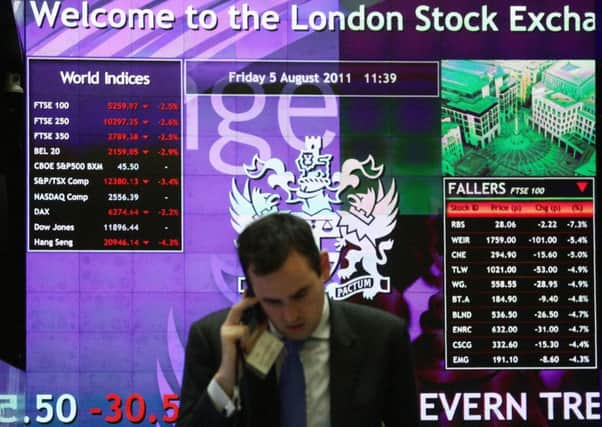The CBI has been wrong so many times '“ what makes it right now?


When they claim a special authority on any particular subject it is equally important to examine their credentials.
The recent intervention of the Northern Ireland branch of the CBI in support of the government’s shameful capitulation to Brussels needs to be examined in the context of previous causes that the CBI has taken up.
Advertisement
Hide AdAdvertisement
Hide AdMany readers will recall Black Wednesday, September 16, 1992 and the day when interest rates were raised from an already high 10% to 12% and then 15% in the space of 12 hours as the John Major government struggled to keep Sterling inside the European Exchange Rate Mechanism (ERM).


Figures released in 1997 by HM Treasury revealed that this particular act of Euro enthusiasm cost the British taxpayer £3.4billion. The CBI had been lobbying for the previous decade that the UK should join the ERM, claiming it would be good for British business. Instead, it was accurately dubbed by some “the eternal recession mechanism” and once we left, the economy made a steady recovery and moved back into growth.
Fast forward a decade and one of the loudest voices in “civic society” raised to demand that the United Kingdom should join the European Single Currency was the CBI. Again, the claim was made that this would be good for British business: we would be left behind and struggling if we didn’t get in went the mantra. All now (bar a few true believers) accept that joining the Eurozone would have been a catastrophic move for this country.
During the recent (although given the constant diet of negativity it doesn’t seem that way) referendum campaign, the CBI was to the forefront of Project Fear, warning the people that even if we voted to leave, we would be plunged into recession and business would suffer.
That has not come to pass.
My point is this: given that they’ve been so consistently wrong in the past, why are they right now?
Christopher Stalford, DUP MLA, South Belfast